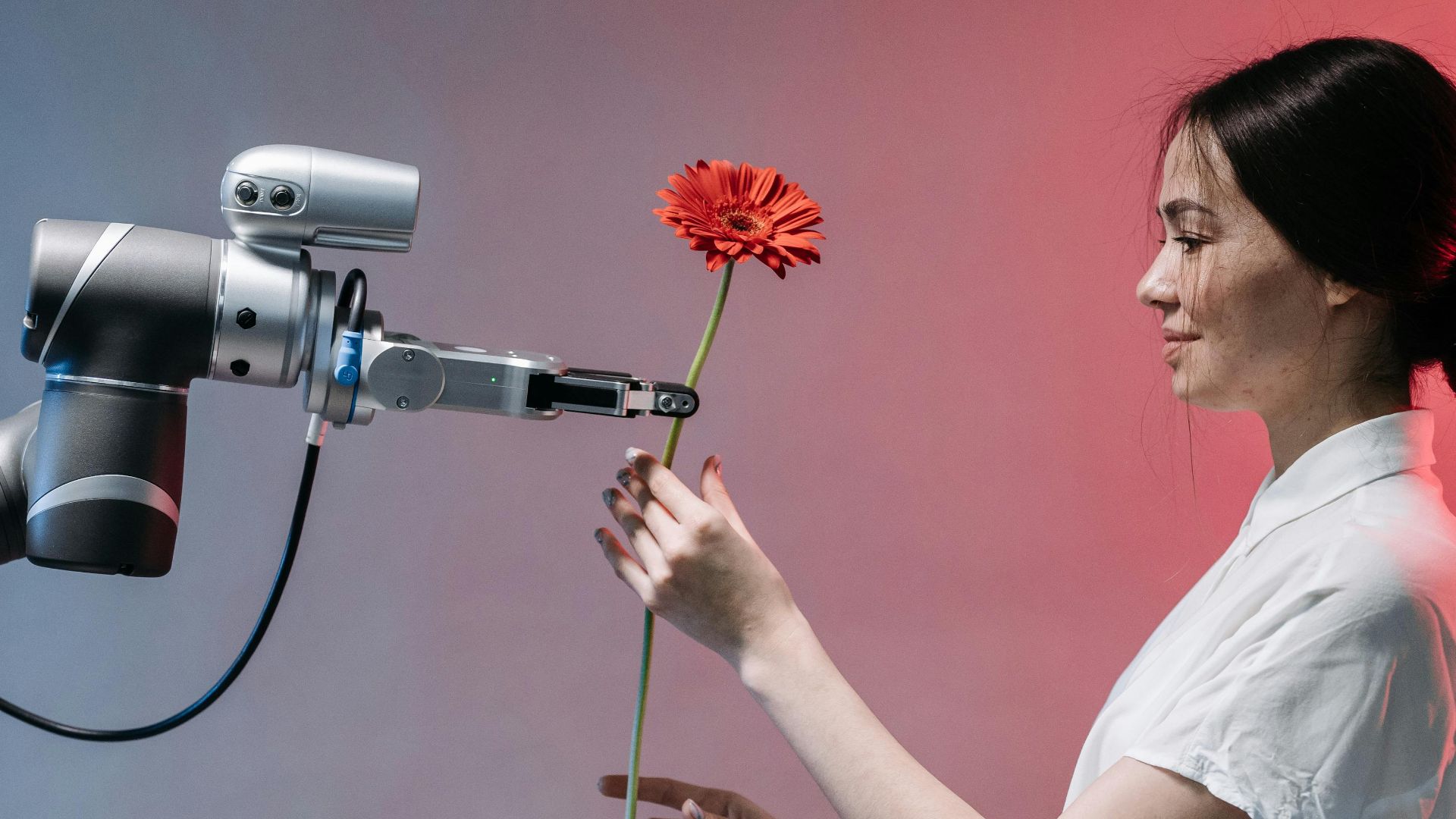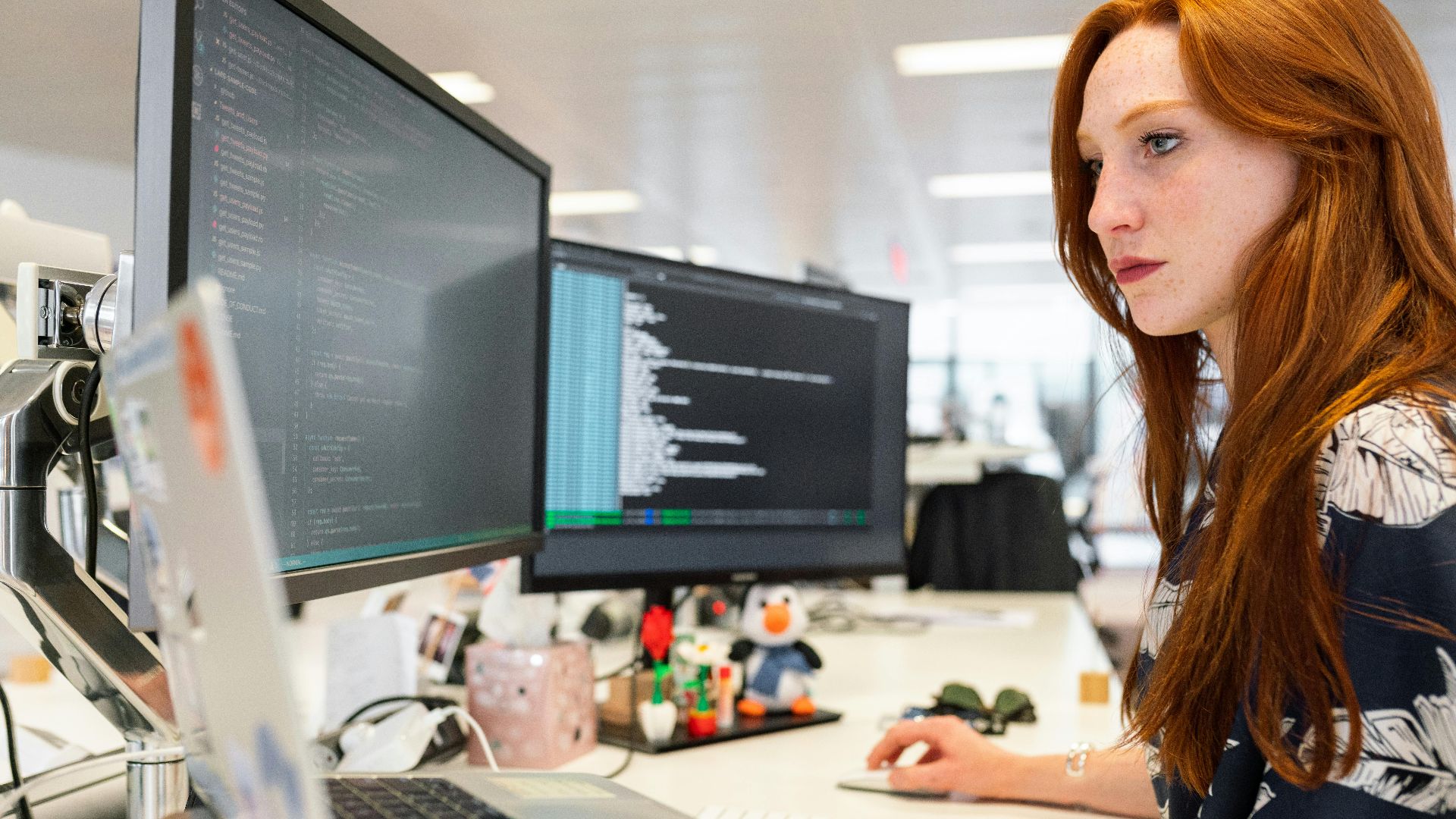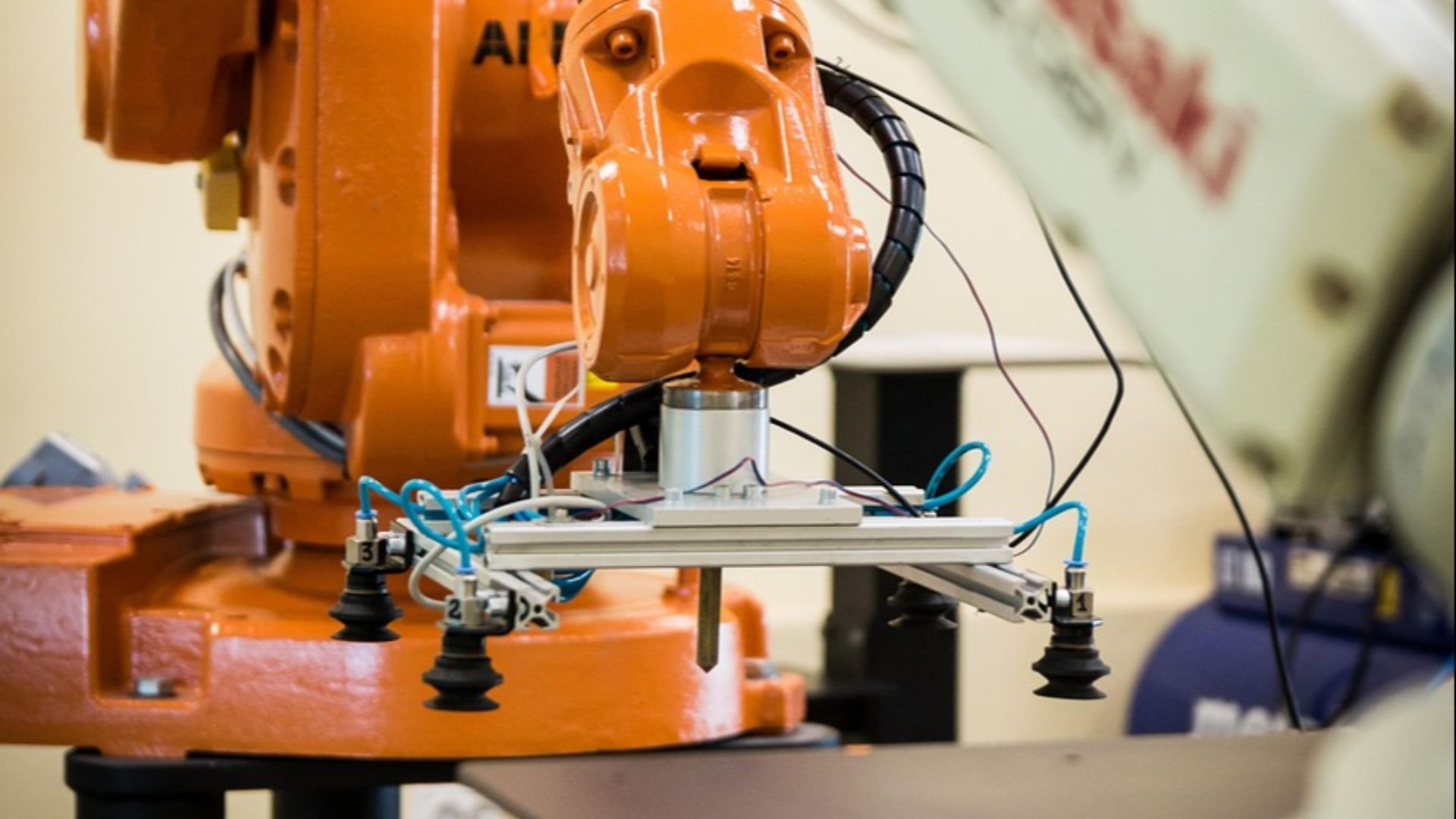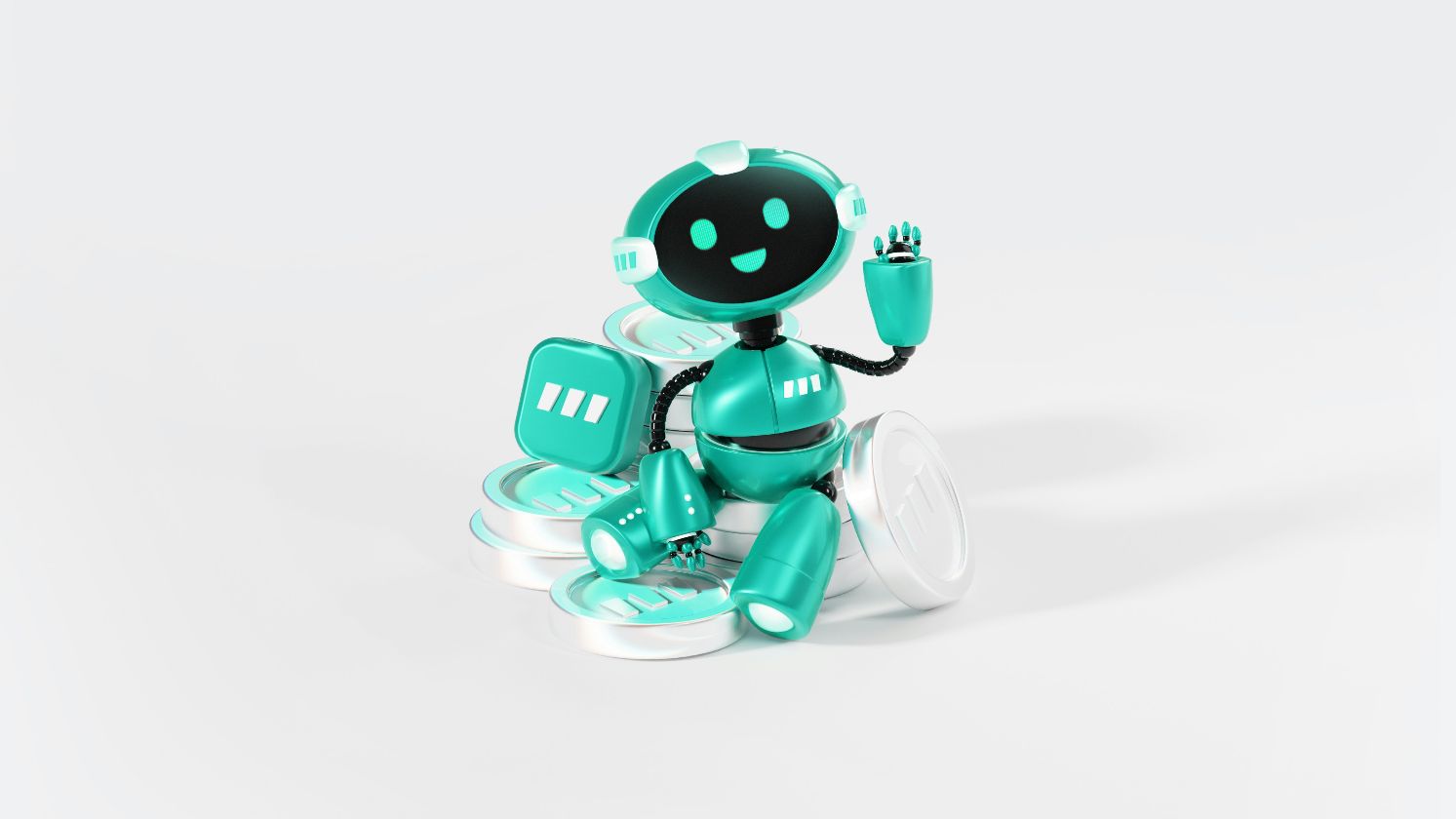 Pavel Danilyuk on PexelsFor a while, people entertained the notion that AI would only replace the boring tasks like spreadsheet entries and customer support chatbots. What no one anticipated was that the corporate shift towards artificial intelligence would target the creative members of their companies first. Developers, copywriters, and graphic designers have been among the first on the chopping block with more to come. People whose entire jobs required creativity and intuition are finding those skills oddly replicable. The growing threat of AI goes beyond job loss to represent a far more existential problem. If creativity is now the domain of machines, what’s left for the rest of us?
Pavel Danilyuk on PexelsFor a while, people entertained the notion that AI would only replace the boring tasks like spreadsheet entries and customer support chatbots. What no one anticipated was that the corporate shift towards artificial intelligence would target the creative members of their companies first. Developers, copywriters, and graphic designers have been among the first on the chopping block with more to come. People whose entire jobs required creativity and intuition are finding those skills oddly replicable. The growing threat of AI goes beyond job loss to represent a far more existential problem. If creativity is now the domain of machines, what’s left for the rest of us?
The Automation Revolution Is Already Here
The old fear was factory robots replacing assembly line workers. This scenario was easy enough to imagine: robot arms deftly manipulating loads with a speed and efficiency far beyond the capacity of human workers. The convenience was difficult to argue against, but as this technology has progressed, the human toll has only grown more costly, and has spilled over into departments once thought untouchable.
Look at Amazon cutting thousands of corporate jobs while bragging about AI agents that “should change the way our work is done.” Or at Indian fintech startup CEO Suumit Shah of Dukaan, who publicly stated that after implementing an AI chatbot for customer support, the company laid off 90% of its support staff. The layoffs aren’t slowing down either—they’re ramping up.
Creative Jobs Are the New Frontier
Creativity is a fundamental quality that distinguishes humans from machines—at least until recently. Illustrators are now watching AI art models generate portfolios in seconds and journalists are realizing that chatbots can summarize events with alarming accuracy. Even Hollywood scriptwriters are increasingly having to compete with AI-generated plots.
An AI actor named Tilly Norwood recently made headlines when it emerged that her creators were in talks with talent agencies. And sure, there’s nuance and soul to human artwork that AI can’t entirely replicate, but employers are often fine sacrificing subtlety if it means increasing their payout. Quality takes second place to quantity when machines can duplicate human artistry ninety percent as well, for a fraction of the cost.
The Entry-Level Pathway Is Disappearing
There was a time not too long ago when industries offered junior positions. They were given some leeway to learn on the job and grow under supervision. These entry positions have all but disappeared as AI tools have taken over. Now, as teams are trimmed to a skeleton crew of seasoned staff, those who remain are being tasked with using AI to handle the entry-level tasks once reserved for junior staff. As this grunt work gets delegated to AI algorithms, the harder question emerges: who will train the next generation of workers when there are no longer any apprenticeship roles left?
At OpenAI, a project called Mercury is currently training AI models to handle financial analysis and investment modeling. That’s the kind of work junior analysts cut their teeth on in that industry. If that pipeline dries up, future managers won’t exist. You can’t promote someone who never had the opportunity to start. It’s the corporate equivalent of eating your seed corn.
Not All Jobs Are Equally Vulnerable
Jobs that involve dexterity and unpredictability—such as nursing, plumbing, and other hands-on work—still resist automation. A robot can’t presently comfort a dying patient or fix a leaky pipe under their bathroom vanity. For now, the cost of developing AI robots that could undertake these delicate tasks is not proportional to the revenue they’d earn. Yet even those fields feel the pressure. Nurses now share hospital floors with AI diagnostic tools, while teachers contend with personalized learning software that’s gradually replacing classroom time.
It’s not just about losing work; it’s about a seismic shift where human discernment becomes optional. You may keep your job title, but the actual decisions will start being made elsewhere algorithmically.
The Human Advantage Might Be Smaller Than We Think
The obvious counterstrategy to the shift towards AI is to lean into everything that underscores humanity. Those of us whose careers are now in jeopardy are being advised to focus on building relationships and staying adaptable. It’s fine advice—until you realize AI can already replicate those qualities as well. Generative models can mimic empathy frighteningly well, with voice tools able to offer a manufactured reassurance that placates almost as well as the real deal. There’s even software for virtual sales reps that use real-time sentiment analysis to charm customers better than a tired human could after six hours on the phone.
So maybe the question isn’t whether AI takes jobs, but whether humans can redefine what value looks like. There’s still room to thrive for those who learn to use the tools rather than compete with them. For those whose value is now up for discussion, there’s a chill setting in the quiet, unspoken fear that for the first time, being smart and capable might not be enough.









